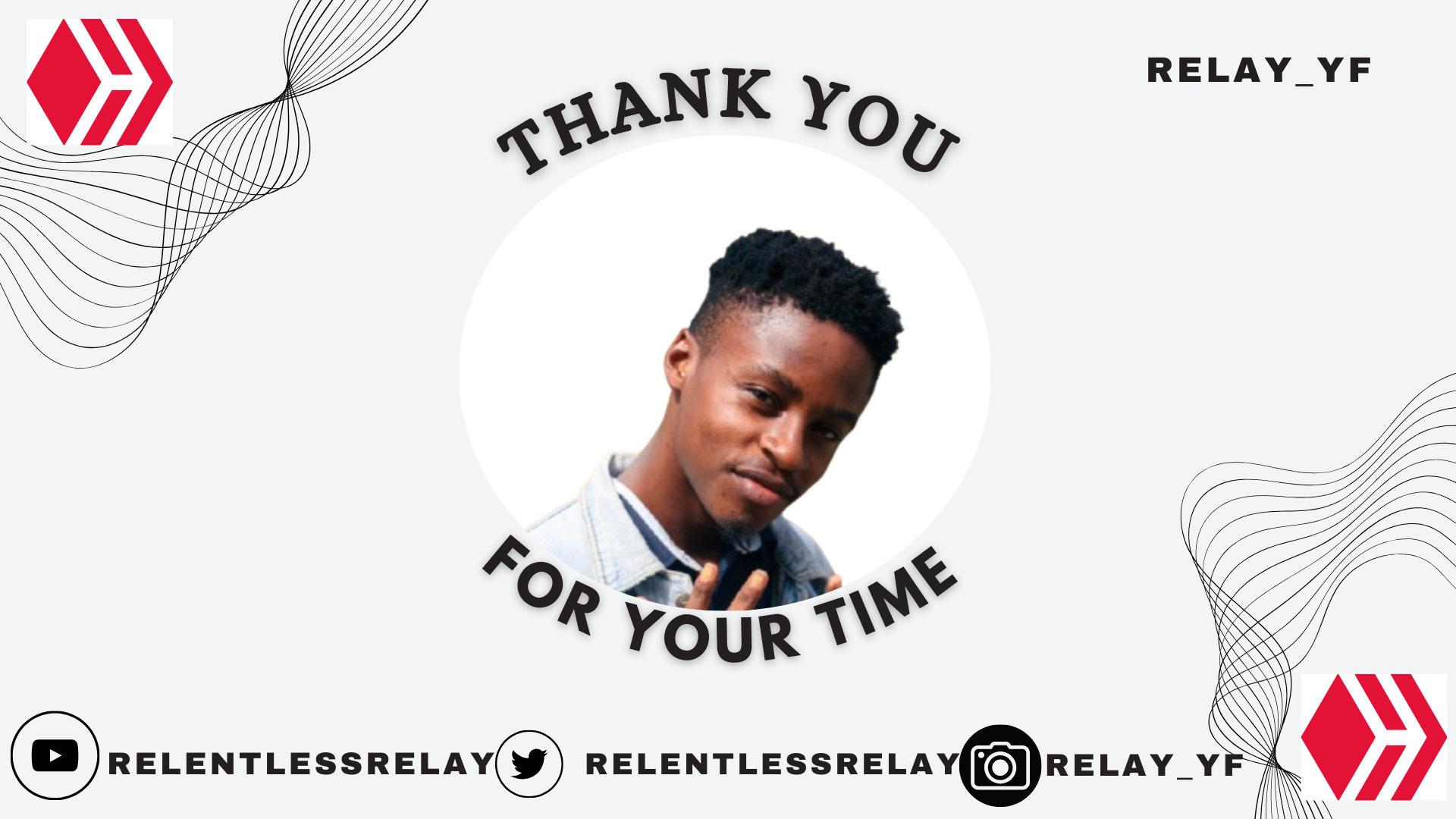It was around 5pm on a Thursday evening in Lagos. My desk was a total mess, filled with papers, sticky notes with deadlines, and a cracked mug that I had refilled with coffee three times already that day.
I leaned back in my chair, staring at the email that had just come in from my supervisor. “Revisions needed by tomorrow morning. No excuses.” Anyone who saw me at that point would take pity on me. It wasn’t the first time he had sent a message like that at the last minute, but tonight's own felt unusual in a kind of way.
“Still here?” Kemi’s voice startled me. She was standing by my desk, with her handbag on her shoulder as she prepared to leave. She looked at the email on my screen and shook her head. “You’re going to burn out if you keep on with this and ignore my advice to slow down”
I gave a weak laugh. “I can’t just stop, Kemi. You know how it is here. If you slack even a little, they’ll replace you before you know it.”
"Oh, really?“, she said. "And if you collapse from stress, what then? They’ll still replace you. Only difference is you’ll be the one who lost everything.”
I couldn't deny the fact that there was sense in what she just said. By the time I finally dragged myself home, the streets outside were almost empty, except a few few danfo buses retiring from the days hustle. My apartment was dark and silent. I dropped my bag on the floor and went straight for the couch, lying faced up as we stared at the ceiling.
For weeks, I had been ignoring the signs my body was showing me. Sleepless nights, constant headaches, a heart that pounded too fast even when I was sitting still. My mother had mentioned it during a phone call. “Your voice sounds tired. Are you taking care of yourself?” I replied with the usual, “I’m fine o, ma. Work is just a bit stressful, that's all.”
But the truth was, I wasn’t fine.
I knew it was getting serious two days later. I was in a meeting, taking notes while the department head addressed us. My pen slipped from my hand and rolled across the table. At that moment, I felt a bit lightheaded. I couldn’t breathe. It became obvious to people who sat close to me.
“Are you okay?” someone beside me asked.
I nodded quickly, feeling a bit embarrassed.
That evening, I met with my friend Kayode at a small café near Yaba. It was we meet on some occasions to cool off and talk about things going on in our minds.
“You don’t look well at all,” Kayo said as soon as I sat down. Kayode had known me since our university days and could tell when something wasn't right with me.
“I think I’m done,” I said quietly.
“Done? Like how?”
“With this job. With working myself up. With pretending I can keep up when I know I can’t.” I couldn't hide it anymore. “But part of me feels like if I walk away, it means I failed. Like I wasn’t strong enough to handle it.”
Kayode leaned back in his chair and shook his head. “You’re not failing by leaving. You’re surviving. Look, sometimes the bravest thing you can do is to stop. To say, ‘This isn’t for me anymore,’ and step away. Staying in something that’s destroying you is not strength, my dear. That’s stubbornness.”
I wanted to believe him, but then, I couldn't help but think of how I was going to cope if I actually walked away. Like the bills, or the expectations of family members who would ask why I walked away from what many considered a ‘good job.’
That night, I sat at my desk at home and opened a blank document. I typed out a resignation letter. At some point I would stop and think about deleting what I had just typed, but I just went on with it. When I was done, I didn’t send it. I just sat there staring at it, contemplating if I was making the right choice.
The next morning, I printed the letter and put it in my bag. I couldn't help but ask myself if this was a terrible idea. But another voice in my head said, "What if this is the beginning of something better?"
When I finally walked into my supervisor’s office and handed him the letter, he looked straight at me. “You’re quitting?”
“Yes,” I said. “I’ve decided it’s time for me to move on.”
He leaned back in his chair, and replied “You’ll regret this. People would kill for this position.”
“Maybe,” I replied. “But I’m not willing to kill myself for it.”
The weeks that followed were strange. At first, I felt lost. There were moments of panic when I thought I had made a huge mistake. But slowly, I began to get a hold of myself.
I started sleeping again. Real, deep sleep. I took morning walks around the neighborhood and they were really refreshing. I visited my parents and cooked with my mother in her kitchen, laughing over old stories.
And then opportunities I hadn’t considered before began to open up. A friend connected me to freelance work. Though It wasn’t really high-paying as my old job, but it gave me room to breathe and to actually live.
Looking back now, I realize that walking away was not weakness. On the contrary it was wisdom. It wasn’t giving up, rather it was choosing myself. There’s a difference between quitting because you’re afraid of hard work and walking away because the work is no longer worth the cost of your health, your peace, your very soul.
Kayode was right: sometimes strength isn’t in holding on. Sometimes, strength is in letting go.
And so I learned that walking away isn’t giving up. It’s giving yourself permission to begin again.

Posted Using INLEO
